for limitless growth
Business Solutions
Skills Support
Company Development
Training & Funding
Employer Partnerships
Listening to you
Calderdale College prides itself on equipping its students with the skills, attitudes and behaviours that are needed for productive, satisfying and valuable employment in our society. We work hard to listen to the needs of future employers in order to ensure that our courses and qualifications are rooted in the real-life requirements of the world of work.
Many of our students are interested in or actively pursuing qualifications that fit them for work in the health and/or social care sectors and, increasingly, the digital capabilities required are becoming a real focus. This is the case at national level where there is a real drive to ensure that the digital transformation required in health and care is supported by a workforce that is digitally capable.
Our project
Led by Health Education England (HEE) and NHS Digital, Building a Digital Ready Workforce (BDRW) is a programme which aims to bring people together in a culture that recognises the need to innovate and the role of digital in that innovation.
Calderdale College has undertaken a project on behalf of the BDRW Programme to explore the needs of employers in relation to existing staff and new entrants into health and care, within NHS pay bands 2-4, and the equivalent pay levels in social care, and in engaging employers in the future digital requirements of staff in both health and care sectors.
To find out more: Building a Digital Ready Workforce (Health Education England report)
Case Study: Welcome Independent Living
Welcome Independent Living have partnered with Rise and the wider college to provide mentorship on the Future leaders Programme, support in curriculum design and provided talks to students on what it is like to work in the Health and Social Care Sector.
Welcome Independent living was set up in 2013 by Mark and Debbie Coup, and provides personal care for older adults and young people who are suffering from dementia, chronic health conditions, mental health needs and those with a learning disability or autism in their own homes and in the community.
Funded by:








